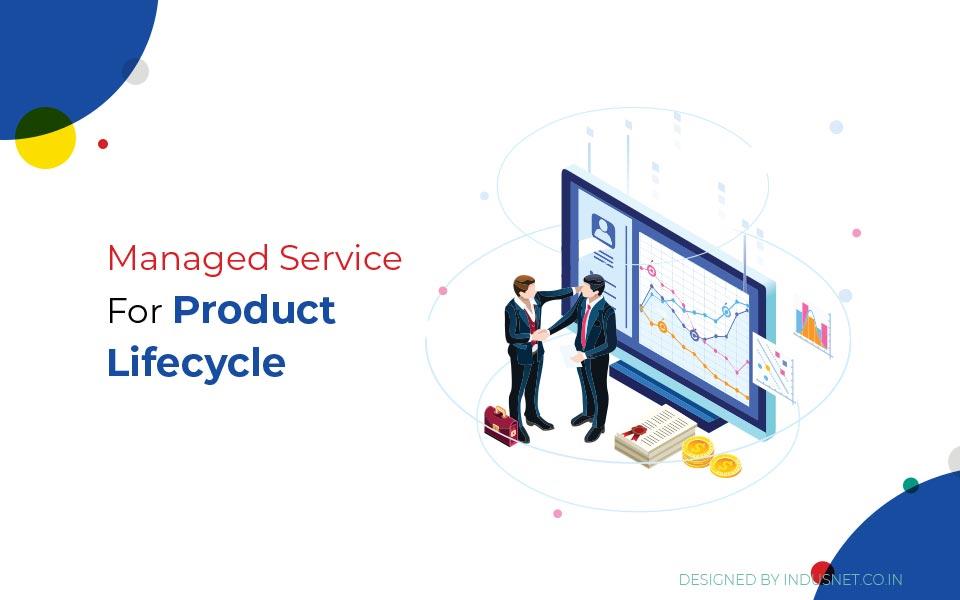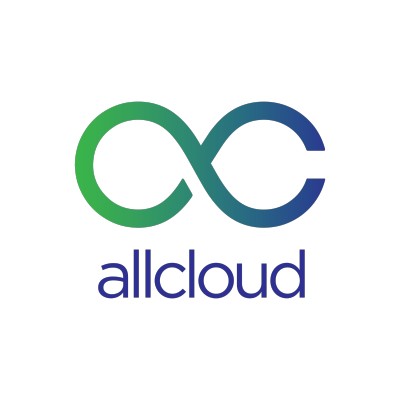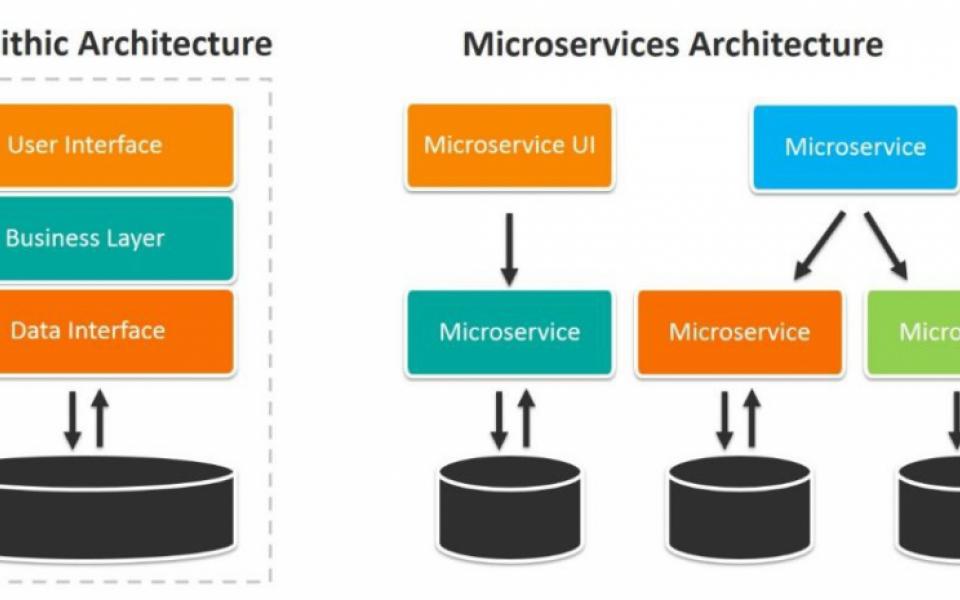Cloud solutions are becoming a priority for the insurance industry. These solutions offer more convenient ways of streamlining their operations, and maintaining and managing project and product portfolios while delivering customer-centric services at the same time.
On the other hand, the new generation of users demand personalized services, smooth and responsive navigation experience, and seamless services. Unfortunately, none of these align with the conventional ways of insurance companies.
But thanks to cloud-based insurance software solutions, the insurance industry is rapidly embracing the digital changes. Furthermore, those who have adopted cloud solutions in the insurance sector have gained a competitive edge over the traditional ones, marred by cumbersome legacy systems.
However, an insurer who is thinking of digitally transforming your company’s insurance operations with cloud-based software, then you must have plenty of questions. Is it a worthwhile investment? Can you trust the cloud with sensitive data?
This article attempts to address the crucial aspects related to insurance cloud computing. Right from its definition to use cases, it provides necessary information required before the implementation of the cloud solutions for insurance.
What are cloud-based insurance software solutions?
Cloud-based insurance software solutions refer to software systems built for insurance companies that are hosted on cloud-server instead of on-premise servers. Insurance companies can use these systems to manage and streamline their operations, projects and customer services from anywhere and at any time.
Using cloud-based solutions also means that the systems can be scaled as per requirements. These systems come with a wide range of features and functions that help insurance companies increase their operational efficiency along with customer satisfaction.
Use Cases of Cloud-based Software Solutions for Insurance Companies
Cloud-based solutions offer numerous use cases for both insurers and customers alike which is why they find wide adoption in the insurance industry. Cloud-powered systems allow insurance companies to leverage the scalability, and cost-effectiveness of cloud computing and improve their services. Some of the use cases are listed below.
Policy Administration and Management
With cloud-based policy administration systems, insurers can efficiently handle the creation, management, and administration of insurance policies. By automating tasks like policy issuance, and renewals, these solutions lessen the hassle for insurers.
They also allow insurers to access policy information from anywhere so they can catch up with pending tasks whenever they want.
Claims Processing
Cloud-based claims management software systems help in the automation and management of claims process. Proper utilization of the features allow insurers to quickly receive and process claims, seamlessly communicate with policyholders, and marginally reduce the risk of errors.
Customer Self-Service
Cloud-based customer portals allow policyholders to access and manage their policies online. Instead of relying for an agent, they can carry out most of the processes themselves.
Customers can submit claims, make payments, and update their information online. This self-service feature improves customer service and also increases customer satisfaction. Additionally, cloud-based portals also reduce the workload on customer support teams.
Data Analytics and Insights
Cloud-based analytics tools provide insurers with data and insights which promote better decision-making. Insurers can use the generated-data for the identification of trends, risk assessment, price optimization, and for the creation of marketing strategies.
Integration with Telematics and IoT
Integration of cloud-based solutions with telematics devices and IoT sensors facilitate usage-based insurance. In this type of insurance policy, premiums are either based on property conditions or driving behaviour.
Fraud Detection
Thanks to advanced AI and ML-powered algorithms and advanced data analysis systems, insurance companies now have cloud-based fraud detection solutions that help insurers identify potentially fraudulent claims. These systems prove effective in loss prevention by timely detection of fraudulent activities.
Digital Marketing
Insurers can use cloud-based CRM systems and marketing automation tools for reaching and targeting better prospects, managing leads effectively, and tracking sales. These systems can help companies design marketing campaigns strategically and also improve lead conversion rates.
Compliance and Regulatory Reporting
The functioning of insurance companies often requires compliance with standard regulations. Cloud-based reporting software systems help insurers stay compliant with changing regulations. They also automate the collection and submission of regulatory data and reports.
Document Management
Insurers can securely store, retrieve and manage important documents using cloud-based software systems. They help in document organization along with access and version control.
Remote Work and Collaboration
One of the most prominent use cases of cloud-based systems is the facilitation of remote work and collaboration among team members. This proves extremely useful in times of crisis like the COVID-19 pandemic, where remote access to systems and data is essential.
Underwriting and Risk Assessment
ML-empowered cloud-based software can be used for more accurate risk assessment, determination of more appropriate premium rates, and automation of underwriting decisions.
Customer Relationship Management (CRM)
Insurance solutions that leverage cloud computing can centralize customer data, thereby allowing insurers to offer personalized services and improve customer retention. They also provide tools that automate communication with policyholders.
Disaster Recovery
Disaster recovery is a big need of the insurance industry. The sensitive customer data is the key to almost all its functions. Thanks to cloud-based solutions, insurance companies now have robust disaster recovery capabilities, which help insurers quickly recover critical data during a disaster or in case of system failure.
The listed use cases show how cloud-based solutions are reshaping the insurance industry with their features, tools, customer self-service, and data-driven decision-making and at the same time reduce operational costs and risks.
Benefits of Cloud-based Insurance Solutions
Cloud-based insurance software systems bestow several benefits upon insurers over conventional systems. Some important ones include:
-Scalability: one of the biggest advantages of cloud-based software systems is that they can be scaled as per the need of companies. This means that companies don’t need to spend extra money on scaling their infrastructure.
For instance, if there’s a sudden traffic influx, you can easily scale up your cloud-based software to handle the increased demand.
-Accessibility: Cloud-based software can be easily accessed from anywhere, at any time. This offers more flexibility to employees and also promotes ‘work from anywhere’ culture. This often comes in handy for female employees who need to manage their professional front with personal chores.
- Security: Most of the cloud-based software is secured with the cloud provider’s own security technologies. This ensures better data safety. Most cloud providers invest a lot in security like having data centers with redundant power and cooling systems, and security teams appointed exclusively for threat monitoring.
- Cost-effectiveness: Another great advantage of cloud-based solution is cost-effectiveness. Companies don’t need to invest money in procuring and managing their own software or hardware. They only need to pay a monthly subscription fees, which is often much less than spending and maintaining in-house infrastructure.
- Regular Updates: Cloud-based systems are regularly updated with the latest technologies, tools and other security features. So, insurers can rest assure that the systems they use are properly maintained and are relevant.
Challenges Faced by Cloud-based Insurance Solutions
While fintech software developers are trying their best to create cutting-edge systems, the insurance industry still faces several challenges. Firstly, it faces tough competition from insurtech start-ups that are tech-driven.
These newbies with their unconventional yet convenient ways are reshaping the insurance landscape. So, to stay relevant in the market, established companies need to change their business models.
Secondly, the ever-changing procedures of the financial industry make it mandatory that the software used are compliant to those regulations including security measures, sharing of information and financial laws and rules.
Last but not least, the insurance sector needs to handle the increasing cases of accidents, severity and cyber threats as many innocent people are tricked in the name of claims processes and less premiums.
Summing Up
In the fintech software development industry, cloud-based insurance software solutions have evolved as one of the most sought-after services. These systems provide insurers with a digital infrastructure that caters to the various aspects of their business including policy administration, regulatory reporting, disaster recovery, and compliance management.
These solutions offer several benefits to insurance companies that include increased flexibility, agility, security, cost-efficiency, and easy accessibility, thereby helping insurers stay competitive and relevant in the market.


































